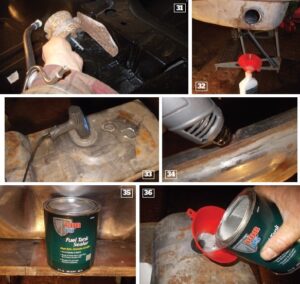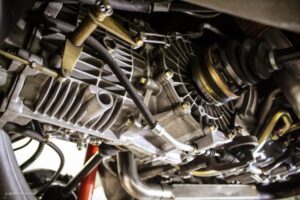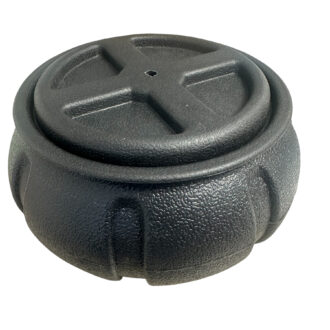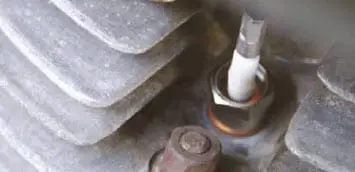The British Government has just unveiled plans aimed at safeguarding the future of heritage vehicles and securing thousands of jobs within the classic car industry. This move comes as part of a consultation seeking input from the classic car community on how best to future-proof this cherished aspect of automotive culture.
With the classic car sector contributing £18 billion to the UK economy, the Government is eager to bolster this cornerstone of British heritage and ensure its longevity for generations to come. At the heart of the consultation lies a commitment to modernise regulations governing classic cars, making them more adaptable to contemporary standards while preserving their intrinsic value.
For decades, classic car policies have remained relatively stagnant, failing to accommodate advancements such as the integration of modern technology, including electric engines. This consultation aims to rectify this by exploring avenues to enhance vehicle records, ensuring that rebuilt classics meet safety standards and providing transparency to prospective buyers regarding any modifications.
Transport Secretary Mark Harper has thrown his support behind the consultation, emphasising its pivotal role in addressing the industry’s pressing needs. He underscores the necessity of aligning classic car regulations with evolving technologies to safeguard British classics well into the future.
Central to the discussion is the consideration of implementing new registration numbers, potentially introducing dedicated identifiers like “Q plates” for extensively modified vehicles. This proposal reflects a proactive approach to adapting registration processes to accommodate the diverse needs of classic car owners.

POR15 Tank Sealer: Dolly Springs A Leak
With my electric Herald saga on hold with a Mosfet error (that’s a technical term not often associated with Heralds), a more pressing matter reared its head. I was about to take Dolly my Triumph Dolomite for a blast when I got a big whiff of petrol. Closer inspection revealed my hard earned cash dripping

7 Steps to Clean your Engine
7 Steps to Clean your Engine Upon opening the bonnet, you want to remove any loose grime leaves and dead squirrels that are trapped in the grill or vents. Using a vacuum cleaner on blow does a good job, but compressed air with a Blow Gun, a leaf blower, or a wire brush will work just fine. For

How Do I Work with Fibreglass?
Getting started… The essential ingredients for working with fibreglass are easily understood for DIY use. The bottom line If you can use wallpaper paste, a paintbrush and scissors, then creating GRP repairs, moulds and components is well within your grasp. Bought in bulk, all materials become much cheaper over the length of a project, so




